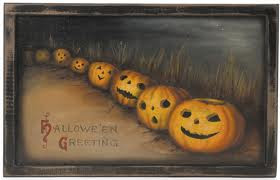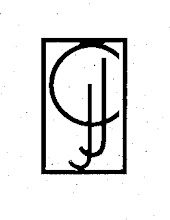While perusing my father’s bookshelves the other day for new reading material, I happened upon
The Hidden Life of Dogs by Elizabeth Marshall Thomas.
Even as a hardco

ver, it wasn’t a lot of book: easily portable and a quick read on one of my favorite topics. Plus it had the distinction of eliciting pangs of guilt from me, similar to those that readers get regarding a classic (
War and Peace, for instance, or
The Odyssey) they’ve never attempted. Since the publication of
Hidden Life, nearly every animal-related book written has contained a reference to it or a promotional testimonial from Elizabeth Marshall Thomas. I drew it from the shelf, looking forward to catching up with what everyone else already seemed to know.
The basic premise, if you’ve not read
Hidden Life, is that Thomas logs more than 10,000 hours observing the behavior of her numerous canines (plus a neighbor’s dog). She observes them as they wander the city, eat, play, and go into heat. Some of it I found interesting, but mostly I felt uncomfortable about her process.
Then, halfway through the pages, I reached a point of carnage I realized I’d already read years ago. It was this very section that I’d never dislodged from memory, yet let slip who wrote it and where. It was at this point that I understood the source of my current unease.
The first time I read
The Hidden Life of Dogs, I was a cat guardian—prepooch days. However, having lived with the pooch for 12 short years—knowing her pals and their guardians—and having read the latest literature on canine health, training, and behavior, I now believe the author was irresponsible in her research approach.

Thomas wanted to see how dogs behaved when left to their own devices—when allowed to live by their doggie natures unencumbered by human etiquette. Had she studied feral dogs in the wild, I’d have no qualms about her methods. But these were her PETS. As she brought more dogs into the household (and allowed her dogs to breed), more personality clashes arose and more behavioral/psychological changes occurred in some of the canine residents. She knew some of the dogs were miserable in the circumstances she’d created, yet she continued observing with admittedly little intervention. Even the one escapade I found most intriguing (a Pug reprimanding his Husky love interest) traumatized the noncanine residents.
Certainly
The Hidden Life of Dogs is an engaging read full of enlightening anecdotes about canine behavior. But I can’t fathom why Thomas is held in such esteem. Is it because she’s the first to provide research of this kind to a nonscientific audience? Or is it her publisher’s ability to market her?
Thomas ignored, for the most part, her primary responsibilities as an animal guardian in order to sate her (and our) curiosity. Landmark though they may be, her research and findings came at the expense of the emotional well-being of the creatures who depended on her for their health and safety. She let them down for our benefit. Are we really better for it?
[Pics, from top to bottom, courtesy of Short Order Dogs and Greyhound Pets of America Daytona Beach.]
 My apologies for being out of touch these past few months, but I’m still in the throes of funerals, cleanouts, and Christmas. I’m writing today because of a plea I received from Catskill Animal Sanctuary, an organization I told you about in October. (Remember Rambo?)
My apologies for being out of touch these past few months, but I’m still in the throes of funerals, cleanouts, and Christmas. I’m writing today because of a plea I received from Catskill Animal Sanctuary, an organization I told you about in October. (Remember Rambo?) mals. Or for the programs Stevens has developed to educate people about agribusiness.
mals. Or for the programs Stevens has developed to educate people about agribusiness.

















































